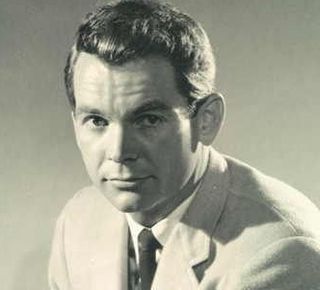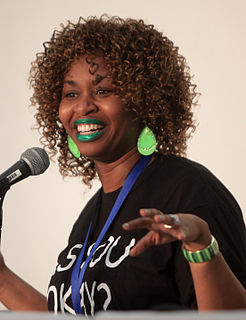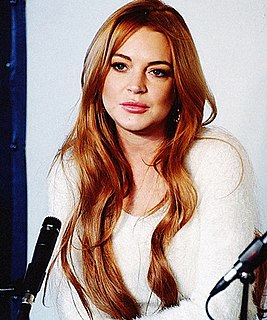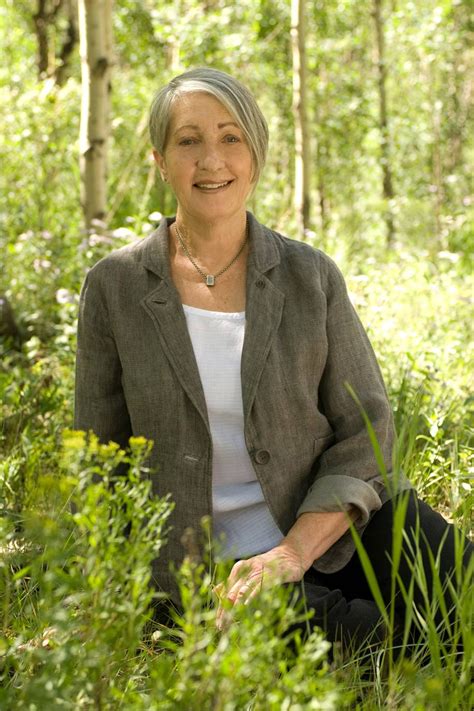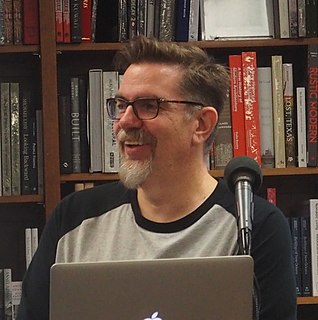A Quote by Liza Campbell
At the beginning of the book [The Dissemblers], Ivy [Wilkes] has a long way to go in order to achieve self-sufficiency. Although she is very independent, even somewhat of a loner, she is very affected by other peoples' opinions. At the opening of the book, her ideas of success and achievement are largely defined by the approval of others; over the arc of the story, I think that begins to change a little.
Quote Topics
Related Quotes
Ivy [Wilkes] does exhibit a certain impatience at the beginning of the book [The Dissemblers]. She doesn't want to wait through years of hard work and insignificance to make her mark on the art world. Part of her growth is in realizing - even embracing - that the process of art is more important than the product or the recognition.
My mother lived her life through movies and books - she read everything there was to read. And she read to me every night. I never went to sleep without her reading to me. And she fantasized about the book and she would talk about it, the place, and you would think that after she read the book and after she told you stories about it, that she had actually been there. I learned about story from her, and I learned the value of a great story, and the value of great characters.
The thing I'm writing now, I have various characters, and all of a sudden, out of nowhere, this couple dies. And they have a daughter. ...I thought, 'OK, we have to do something with the daughter' ... then I realized she's not really their daughter. She has her own story. And she's become the most interesting character. She was this throwaway character that I didn't even conceive of before I started writing her into it, and now she's become very important in this book.
From the first time he'd met her, he'd sensed an air of contradiction about her. She was very much a woman, but still retained a waiflike quality. She could be brash, and at times deliberately suggestive, yet she was painfully shy. She was incredibly easy to get along with, yet she had few friends. She was a talented artist in her own right, but so self-conscious about her work that she rarely completed a piece and preferred to work with other people's art and ideas.
Every story is flawed, every story is subject to change. Even after it is set down to print, between covers of a book, a story is not immune to alteration. People can go on telling it in their own way, remembering it the way they want. And in each telling the ending may change, or even the beginning. Inevitably, in some cases it will be worse, and in others it just might be better. A story, after all, does not only belong to the one who is telling it. It belongs, in equal measure, to the one who is listening.
I have to always, always pay homage to a woman I never met but she touched me like she touched so many others with that amazing voice, Whitney Houston. The very first time I heard her voice, I knew I wanted to make people feel that way. Even if I couldn't do all of that that she did, the way she was able to tell my story without even knowing me, the way she could feel what I didn't know how to express, it was spiritual almost.
Well, we think that time "passes," flows past us, but what if it is we who move forward, from past to future, always discovering the new? It would be a little like reading a book, you see. The book is all there, all at once, between its covers. But if you want to read the story and understand it, you must begin with the first page, and go forward, always in order. So the universe would be a very great book, and we would be very small readers.

